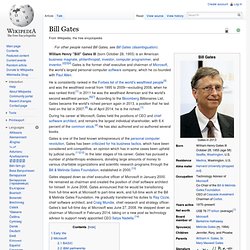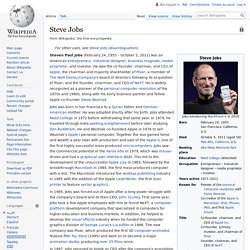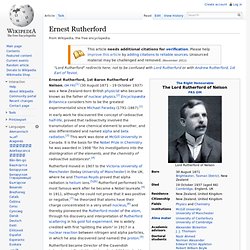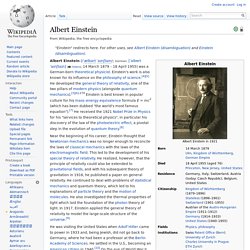

Bill Gates. William Henry "Bill" Gates III (born October 28, 1955) is an American business magnate, philanthropist, investor, computer programmer, and inventor.[3][4] Gates is the former chief executive and chairman of Microsoft, the world’s largest personal-computer software company, which he co-founded with Paul Allen.

He is consistently ranked in the Forbes list of the world's wealthiest people[5] and was the wealthiest overall from 1995 to 2009—excluding 2008, when he was ranked third;[1] in 2011 he was the wealthiest American and the world's second wealthiest person.[6][7] According to the Bloomberg Billionaires List, Gates became the world's richest person again in 2013, a position that he last held on the list in 2007.[8] As of April 2014, he is the richest.[1] During his career at Microsoft, Gates held the positions of CEO and chief software architect, and remains the largest individual shareholder, with 6.4 percent of the common stock. [a] He has also authored and co-authored several books. Steve Jobs.
American entrepreneur and co-founder of Apple Inc.

Steven Paul Jobs (; February 24, 1955 – October 5, 2011) was an American business magnate, industrial designer, investor, and media proprietor. He was the chairman, chief executive officer (CEO), and co-founder of Apple Inc., the chairman and majority shareholder of Pixar, a member of The Walt Disney Company's board of directors following its acquisition of Pixar, and the founder, chairman, and CEO of NeXT. Jobs is widely recognized as a pioneer of the personal computer revolution of the 1970s and 1980s, along with Apple co-founder Steve Wozniak. Jobs and Wozniak co-founded Apple in 1976 to sell Wozniak's Apple I personal computer. Together the duo gained fame and wealth a year later with the Apple II, one of the first highly successful mass-produced microcomputers.
Background Biological and adoptive families Jobs's adoptive father, Paul Reinhold Jobs,[8] was a Coast Guard mechanic. Birth Childhood —Steve Jobs[18] Ernest Rutherford. "Lord Rutherford" redirects here; not to be confused with Lord Rutherfurd or with Andrew Rutherford, 1st Earl of Teviot.

Ernest Rutherford, 1st Baron Rutherford of Nelson, OM FRS[1] (30 August 1871 – 19 October 1937) was a New Zealand-born British physicist who became known as the father of nuclear physics.[2] Encyclopædia Britannica considers him to be the greatest experimentalist since Michael Faraday (1791–1867).[2] In early work he discovered the concept of radioactive half-life, proved that radioactivity involved the transmutation of one chemical element to another, and also differentiated and named alpha and beta radiation.[3] This work was done at McGill University in Canada. It is the basis for the Nobel Prize in Chemistry he was awarded in 1908 "for his investigations into the disintegration of the elements, and the chemistry of radioactive substances".[4] Rutherford became Director of the Cavendish Laboratory at Cambridge University in 1919.
Biography[edit] Legacy[edit] Albert Einstein. Albert Einstein (/ˈælbərt ˈaɪnʃtaɪn/; German: [ˈalbɐrt ˈaɪnʃtaɪn]; 14 March 1879 – 18 April 1955) was a German-born theoretical physicist.

Einstein's work is also known for its influence on the philosophy of science.[4][5] He developed the general theory of relativity, one of the two pillars of modern physics (alongside quantum mechanics).[3][6]:274 Einstein is best known in popular culture for his mass–energy equivalence formula E = mc2 (which has been dubbed "the world's most famous equation").[7] He received the 1921 Nobel Prize in Physics for his "services to theoretical physics", in particular his discovery of the law of the photoelectric effect, a pivotal step in the evolution of quantum theory.[8] Near the beginning of his career, Einstein thought that Newtonian mechanics was no longer enough to reconcile the laws of classical mechanics with the laws of the electromagnetic field.
This led to the development of his special theory of relativity. Life Early life and education Death.